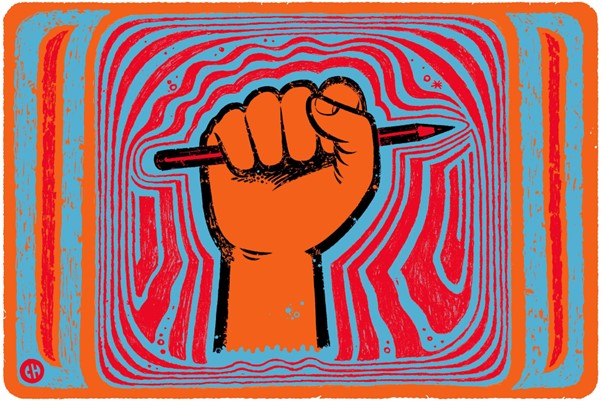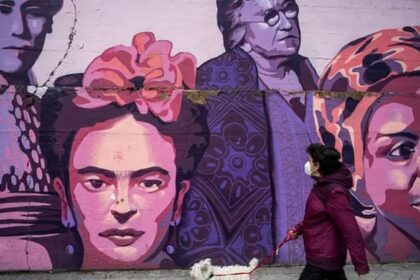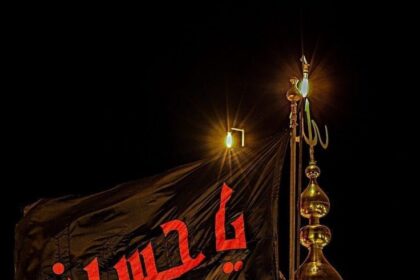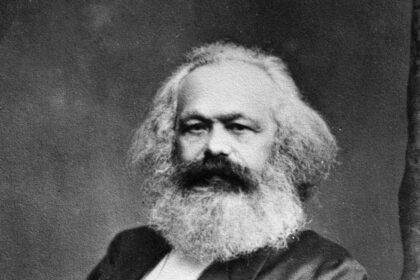There is a very famous quote from Basel Al-Araj (1984–2017), a Palestinian activist and liberation writer:
“If you want to be an intellectual, you have to be engaged. Otherwise, your role as an intellectual is pointless.”
Injustice, oppression, and savagery are as old as human civilization, and resistance to such brutal manifestations of power has coexisted simultaneously. The wise and intellectual ones would always stand in the face of the powerful rulers instead of becoming complacent like their kin, who would accept that as a norm due to ignorance. The forms of resistance movements have evolved over time, from using swords and shields in order to fight the oppressor to utilizing the power of the pen for that purpose. Thus, with the advancement of human societies in the fields of education and knowledge, resistance literature emerged as a unique mode of expressing dissent and protest.
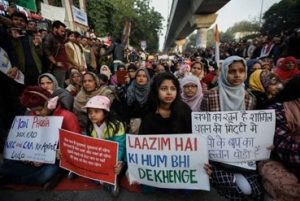
Faiz, Jalib and Darwish: Three of the most Iconic Resistance Poets
The world saw numerous resistance writers in every nation; some remained hidden and unacknowledged, others made their name in the history books. Faiz Ahmed Faiz, Habib Jalib and Mahmoud Darwish are from the second kind, whose ideas will keep resonating with the oppressed and whose words will continue to echo till the end of this world. The common characteristics of these writers are that they were courageous, eloquent and conscious about the political developments of their times. They saw poetry as an effective tool to register their protest against the ruling elite and agitate the masses. They hold a significance probably more than ever today.
Faiz Ahmed Faiz – The Resistance Icon
Faiz Ahmed Faiz (1911–1984) was one of the most popular and widely celebrated Urdu literary figures in Pakistan. His poetry reflected his socialist and progressivist ideology, as well as strong views on the themes of politics, revolution, justice and resistance. Indeed, he is also known as one of the most influential resistance poets in the history of Pakistan, and one of the best writers of the 20th century. Though Faiz faced incarceration because of being vocal against the military dictatorship during Zia’s regime, his voice could not be muffled. The words of Faiz became free of the bounds of time and space and travelled beyond borders.
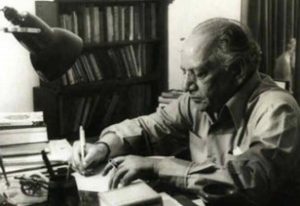
One of the most famous poems of Faiz is the historic Hum Dekhenge (We shall witness the day which is promised and is written on the Eternal Wall). This piece of poetry is recited in almost every protest, regardless of agenda. Its verses are recited not only in Pakistan, but in India too, where Faiz is seen as a highly esteemed figure among the liberals and youth. Any students’ protest is incomplete without Hum Dekhenge. Undoubtedly, Faiz’s poetry is relevant as ever today in Pakistan as the nation is still struggling against political instability, the unconstitutional influence of non-democratic forces and economic woes.
Habib Jalib – A Strong Force Against Authoritarianism
Habib Jalib (1928–1993) was a revolutionary poet and leftist who stood against state oppression, martial law, authoritarianism and injustice. He was a contemporary of Faiz Ahmed Faiz and faced similar repercussions for his resistance. Faiz also named him “poet of the masses” for his extraordinary ability to reflect the ordinary citizen’s misery in the times of economic and political turmoil, through poetry in simple words.
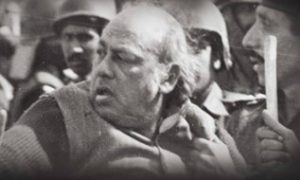
Dastur (or the Constitution) is one of the most popular resistance poems by Habib Jalib, often recited by the dissidents of the status quo. It is heard from journalists, activists and ordinary people, particularly the youth. Even political figures quote Jalib’s words from this poem, unequivocally proclaiming “Main Nahin Maanta, Main Nahin Jaanta” (I do not accept, I do not acknowledge) to express discontent. Like Faiz, Habib Jalib also faced imprisonment several times for his staunch opposition to military coups.
Mahmoud Darwish – The Voice of Palestinians
“The wars will end and the leaders will shake hands, and that old woman will remain waiting for her martyred son, and that girl will wait for her beloved husband, and the children will wait for their heroic father. I do not know who sold the homeland but I know who paid the price.”

Regarded as the national poet of Palestine, Mahmoud Darwish (1941–2008) was a writer and poet who used the power of his pen to not just participate in the Palestinian movement, but also to translate human emotions. His words weaved the tragedy of human life touching upon the themes of love and separation, in the times of conflict, and the ravages of war on the human soul and relationships. Today, the whole world repeats his verses and quotations in support of Palestine.
Darwish wrote over 30 poetry books and was known as the most important figure in Palestinian resistance literature and the most influential Arab writer. His famous poems include, To My Mother, Rita and the Rifle, I Belong There, and The Prison Cell among others. It is also important to know that Darwish was exiled. He lived in Beirut for many years and interestingly, Faiz Ahmed Faiz was also self-exiled over there. This historic coincidence marked a significant event in history where two of the most renowned resistance poets were together for the same cause.
Conclusion
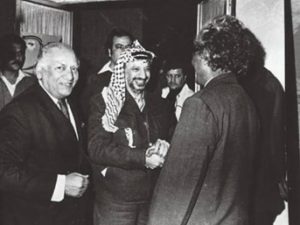
In sum, these poets have left behind an everlasting legacy of impactful resistance poetry. They were contemporaries and suffered political victimisation for raising their voices against oppression, almost during the same era.






